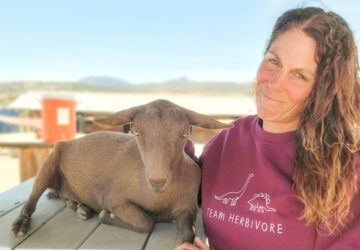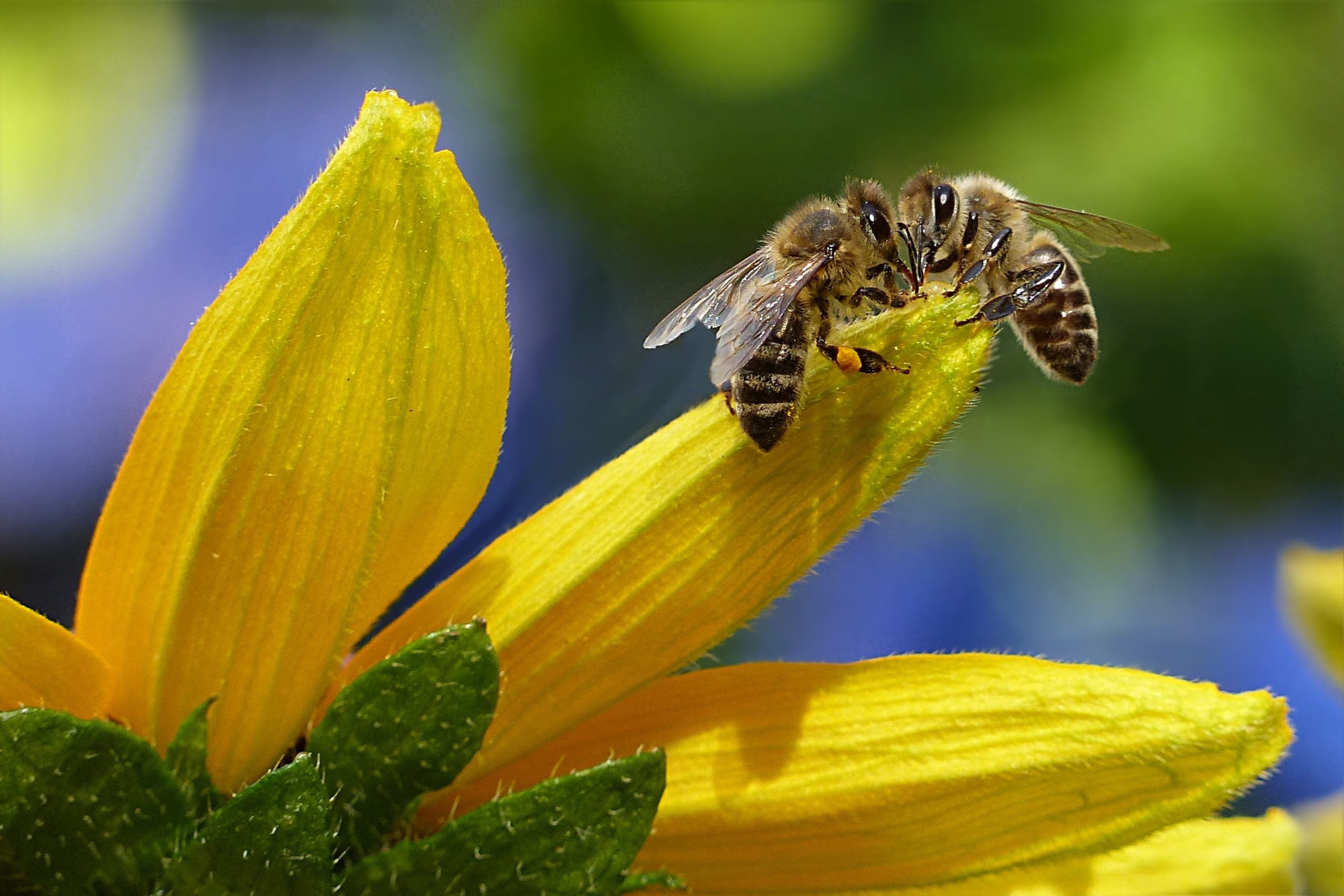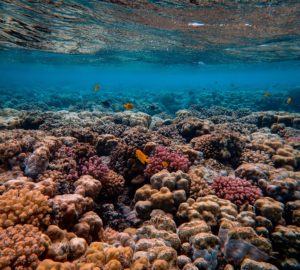Why are Bees Dying? Why Bees are at Risk and How We Can Save Them
Here at Wholesome Culture, we love bees. Like a lot.
But, you’ve probably heard that the bees are in trouble. There are so many amazing products to bring awareness to saving the bees, from tee shirts and bumper stickers to documentaries. All with the same goal: save the bees.
But what are we saving them from exactly?
Everyone wants to save the bees, but we aren’t talking about what the actual problems they face are. It turns out there isn’t just one answer to that question, but there are a few key factors that we know are contributing to the problem.
The Hard Numbers
Thanks to Bee Informed, a non-profit that studies bees across the United States and trends affecting their numbers, we have a lot of data on population loss. Their research portal has several interactive maps that paint a pretty grim picture of bee activity in recent years.
The most striking map on their site is the 2020/21 Total Winter Colony Loss map. It reports the number of bee colonies lost in every state, and while some states are within reasonable losses, every state is down.
The lowest listed loss is in New Mexico at just over 20%. When the best state on the list still lost a fifth of its total bee count, we need to take action!
Now that we know how bad the problem actually is, what is actually contributing to the problem?
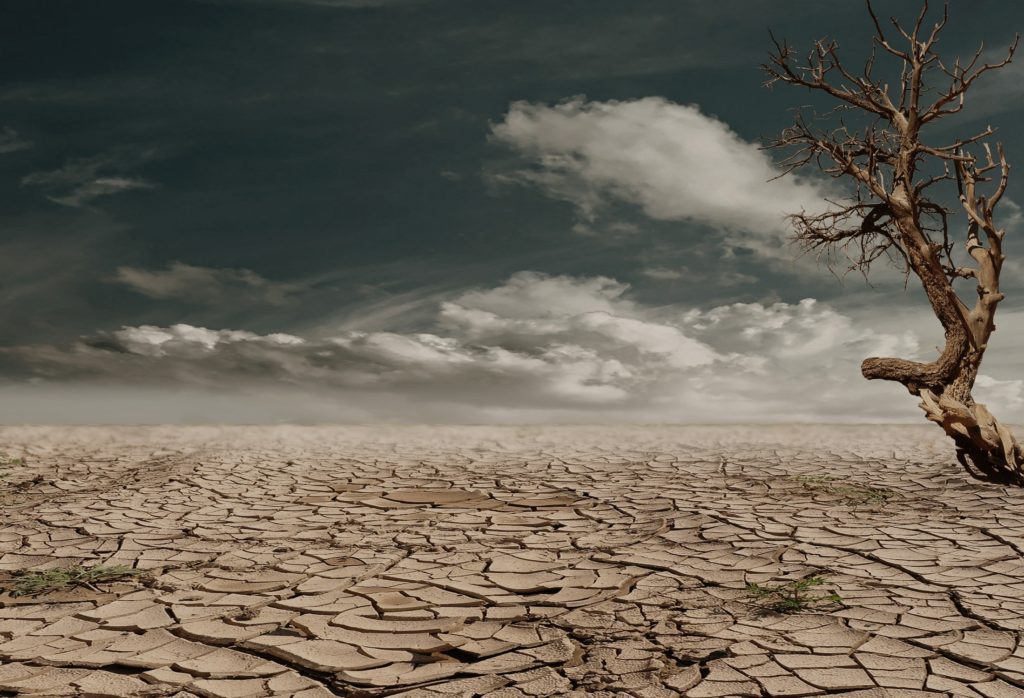
Climate Change
Climate change is devastating our world in nearly every facet, and bee populations aren’t any different.
There isn’t one specific symptom we can attribute to global warming, but it ramps up other contributing factors for sure. Rising temperatures means some traditional flowers are lost entirely and the biodiversity bees thrive on is *poof* gone.
But the biggest effect climate change directly has on bees comes in the form of droughts.
Even mild droughts can wreak havoc on bees. Drought decimates flowers and pollen that bees need to keep the colony alive and shorten the feeding season overall. The result? Bees won’t even have the food necessary to rebuild the population for next season.
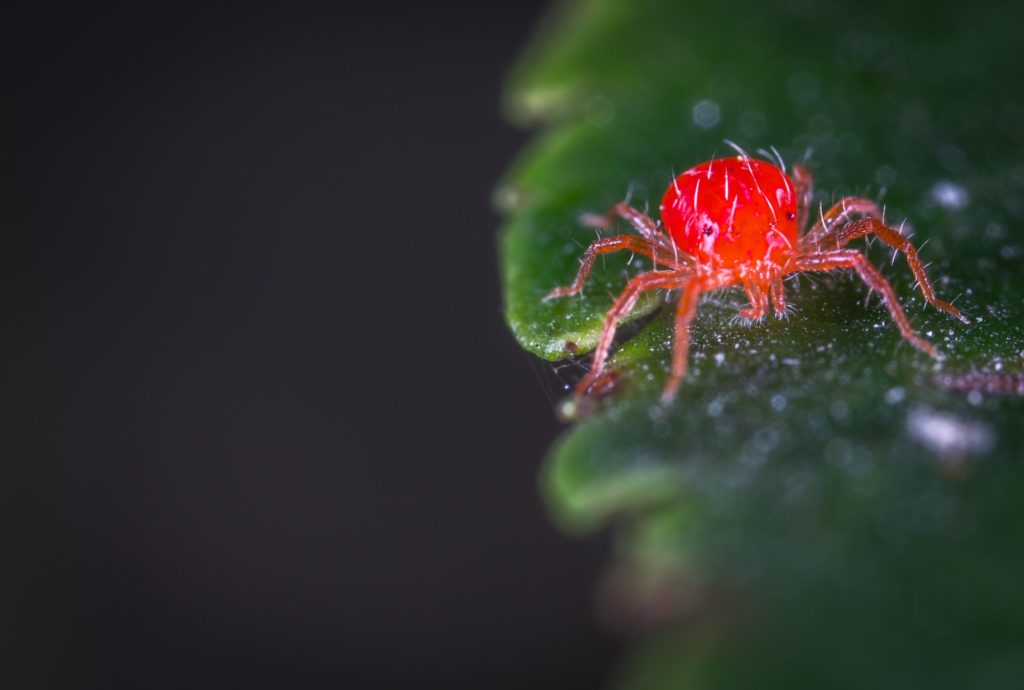
Mites and Diseases
The rest of the contributing factors on this list are worsened by climate change, but trace their roots to human behavior.
Varroa Destructor mites carry Deformed Wing Syndrome that can wipe out a whole hive. Their presence in recent years is considered the number one factor contributing to colony collapse.
Deformed Wing Syndrome has a number of nasty symptoms, but the worst is the disease’s namesake. It causes bees to be born with useless wings that keep them from flying, which means they’re doomed before their lives even begin.
Without flight, bees can’t pollinate or bring nutrients back for the hive. It’s a killer.
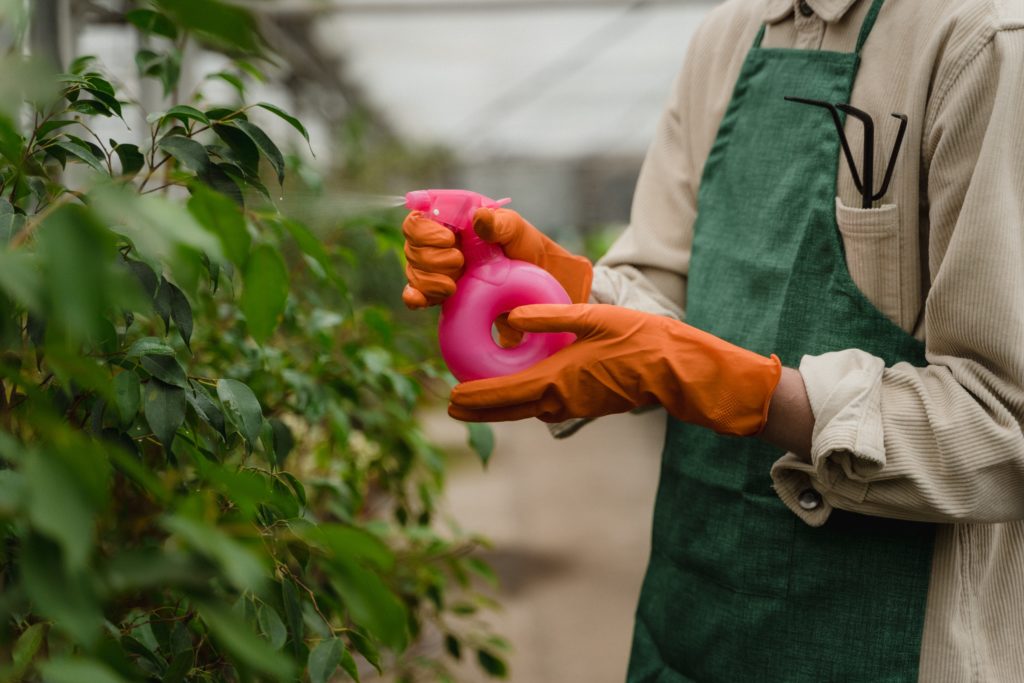
Pesticides
According to Greenpeace, scientists have found samples of over 150 different pesticides in bee pollen. That’s a LOT! The pesticides come from chemical manufacturers who seem infuriatingly ambivalent to their effect.
The pesticides are extremely harmful because they contain fancy chemicals called neonicotinoids. Neonicotinoids quickly became a staple in the agriculture industry because they keep plants safe, but don’t affect humans, birds, or pollinators…or so they thought.
Turns out, while the chemicals don’t kill bees directly, they interfere with bee communication, larvae development, and even become lethal at high enough doses.
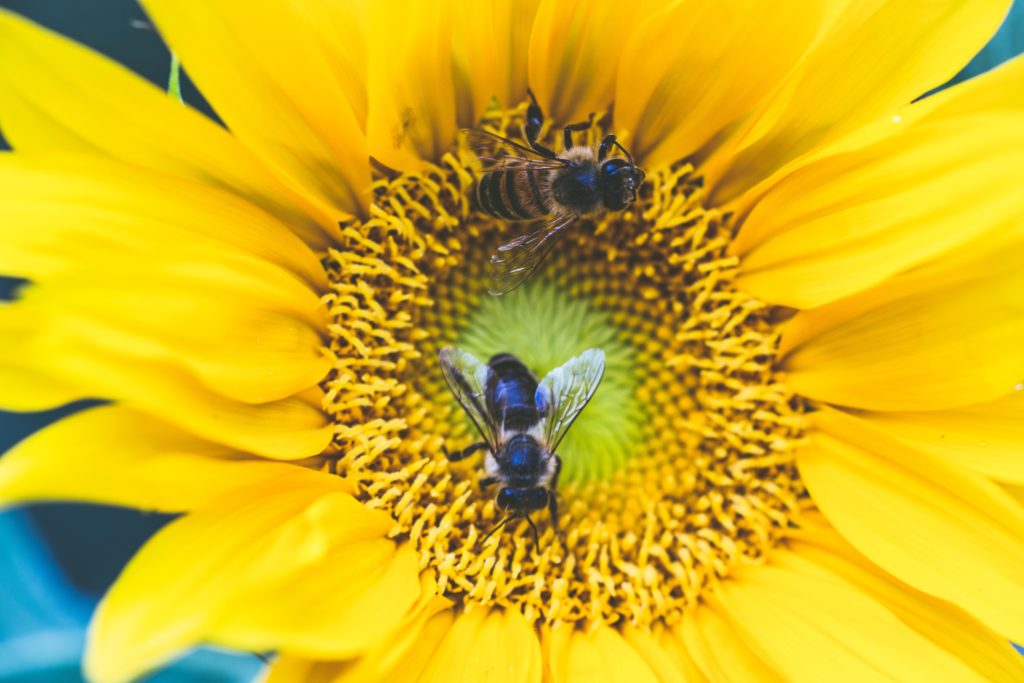
Habitat Loss
This one is a no-brainer. The more agriculture companies destroy natural landscapes to grow corn or other bump crops, the less land bees have to live on.
Bees need biodiversity to survive. In order to properly pollinate their habitat and bring back nutrients to support their hive, it’s important that they visit lots of different plants. Stripped down farmland just won’t cut it.
What can you do to help Save the Bees?
Don’t worry, it isn’t all doom and gloom!
There are proven methods to help bees recover and solutions we can strive for in our daily life. Here are just a few:
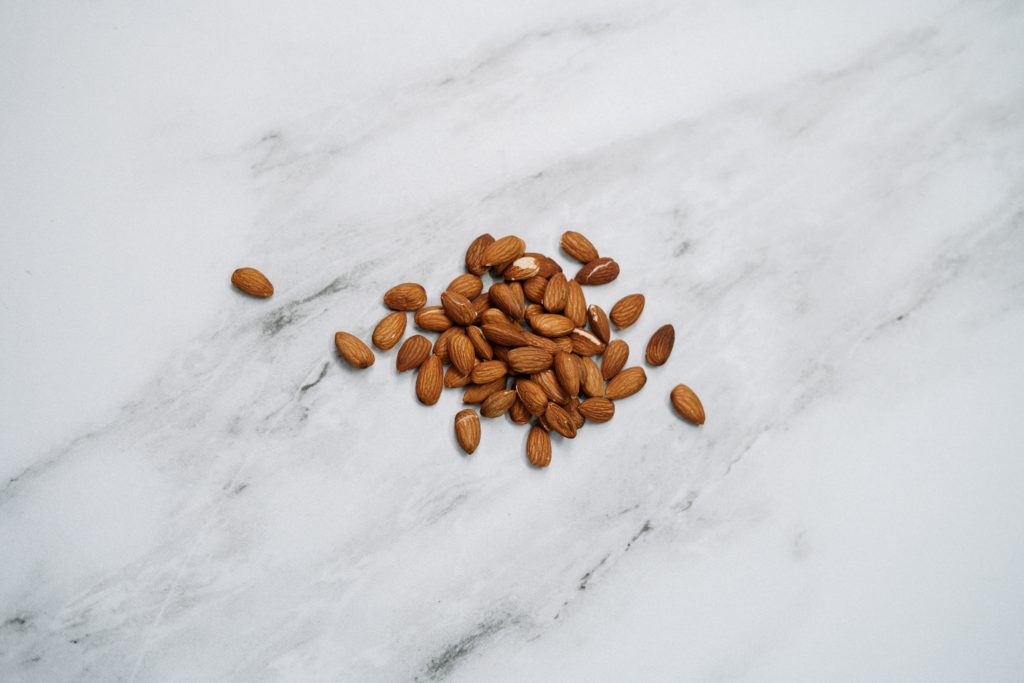
1. Eat less almonds
Seems weird that this would make the list, but it deserves its spot. 80% of the world’s almonds come from California and they use massive amounts of neonicotinoids that ruin bees’ biodiversity.
This would seem to only affect California hives, but it’s moved far beyond that. California’s colonies have been beaten for years thanks to almond farming, so farmers have taken to renting out hives from neighboring states.
It’s hard to overstate the damage this specific crop causes bees. The industry has doubled in value since 2018 and shows no sign of slowing down without government regulation…or a fall in demand. This is a problem that those with plant-based diets can help with especially! We consume more almonds in the form of dairy replacements than anyone else and can have a huge influence on the issue.
So, make a difference and try oat milk today!

2. Ban the nastiest pesticides
The European Food Safety Authority took that step and saw an immediate positive effect in their bee populations. This isn’t something consumers can do alone, however.
We need to tell our local and federal representatives that this is important to us. It’s not a common issue seen in American politics, but the EPA and Biden administration have placed a strong emphasis on climate change and environmental protection in their first years in office.
We should make our position known now, while we have a chance to do something about it.

3. Go plant-based
One of the hallmark values of Wholesome Culture is sustainability. We have 28 pages of blog posts about it!
Striving for a more sustainable lifestyle can spread to every facet of your life, but your diet is the easiest and most consequential change you can make. The more we mitigate the effects of climate change, the less each of the above problems will hurt bees, the more bees survive!
If you are an omnivore, there’s still plenty you can do by just eating less meat, especially red meat like beef.
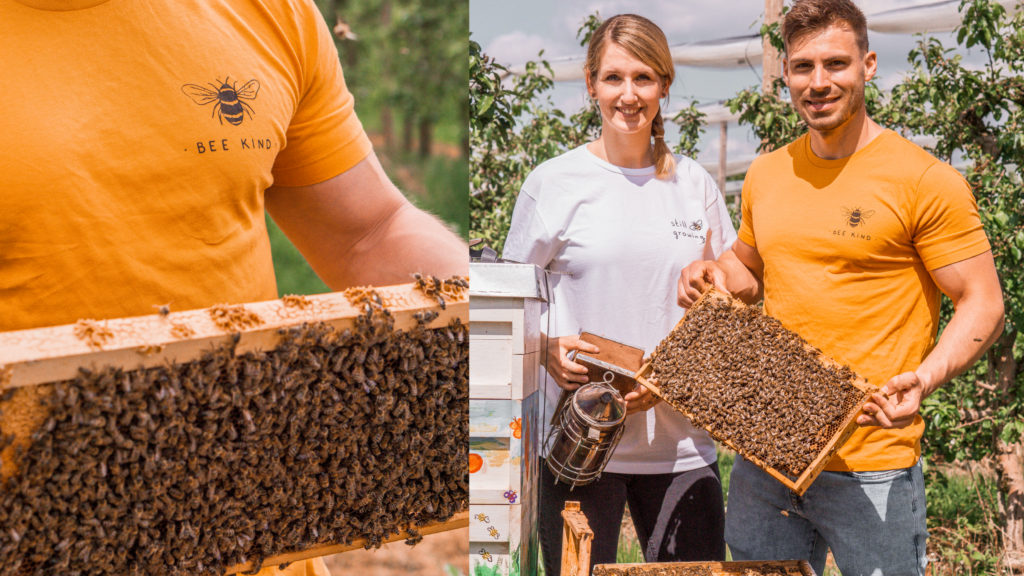
4. Donate to a worthy cause
With World Bee Day on May 20th, there are plenty of worthy organizations you can support to help do your part and save the bees. Here at Wholesome Culture, we are offering 15% off all bee products and are giving 10% of sales back to The Bee Conservatory from Friday, May 20 through Sunday, May 22! Sounds like a win for all.



